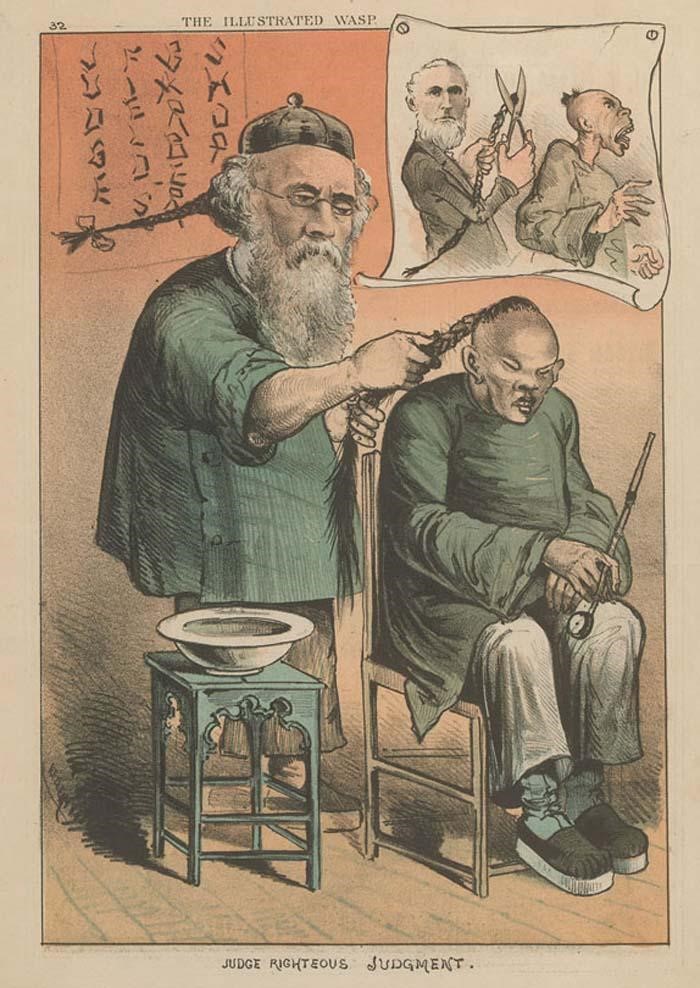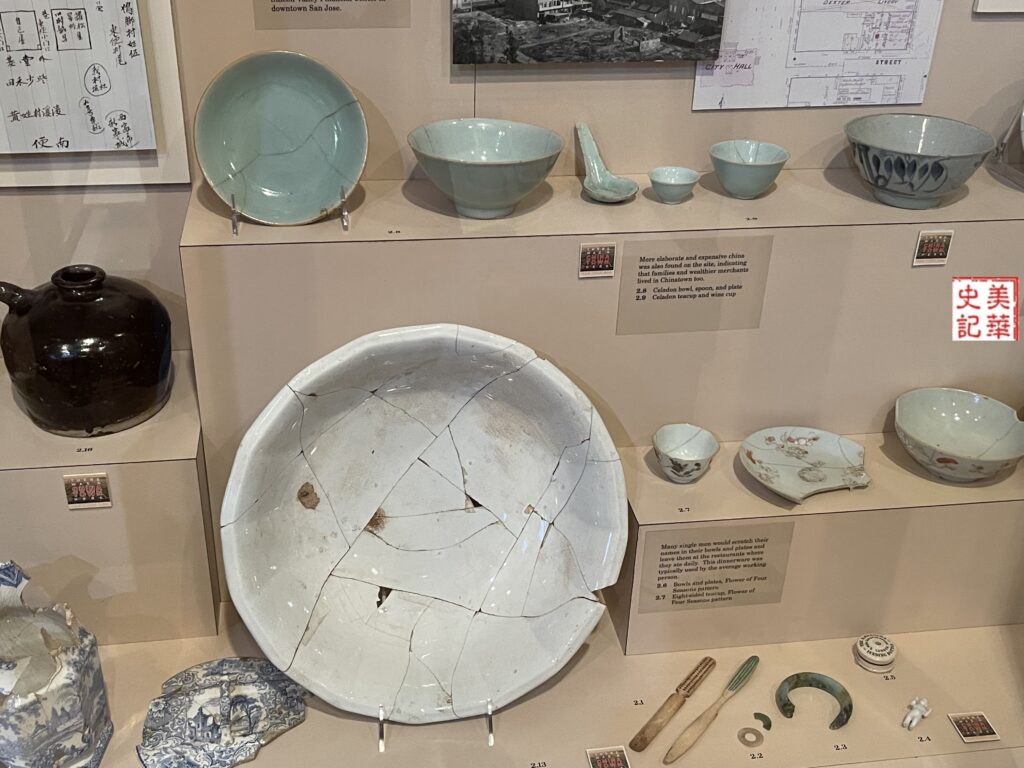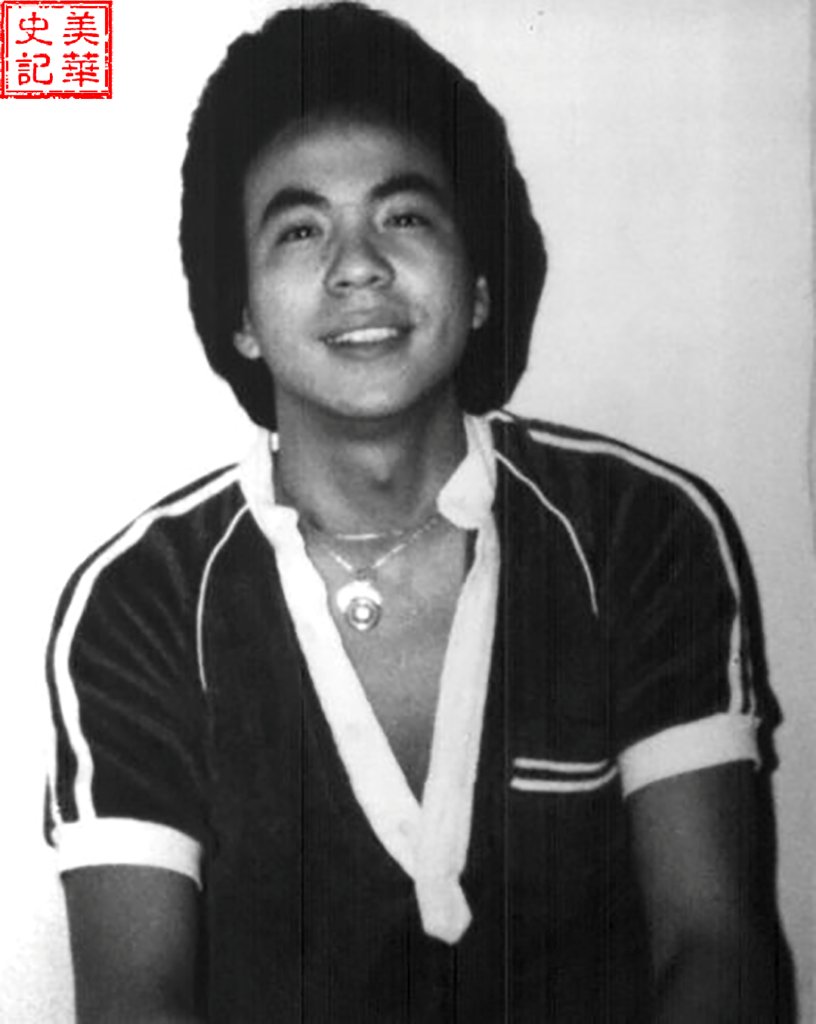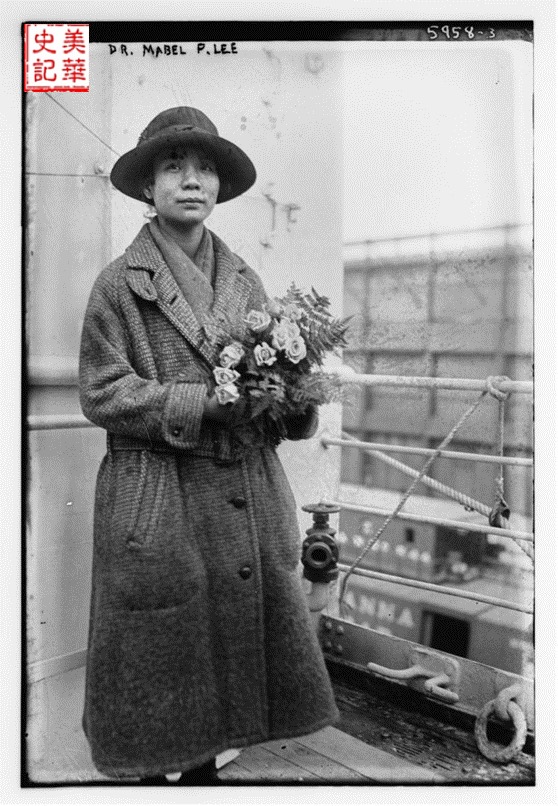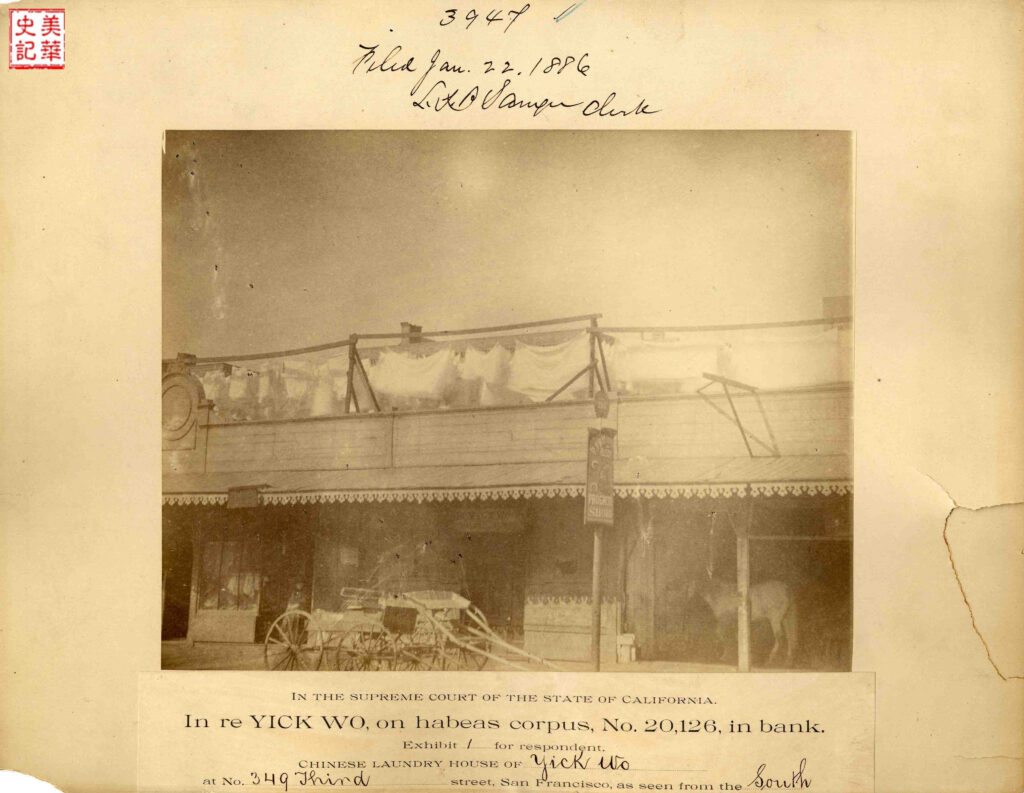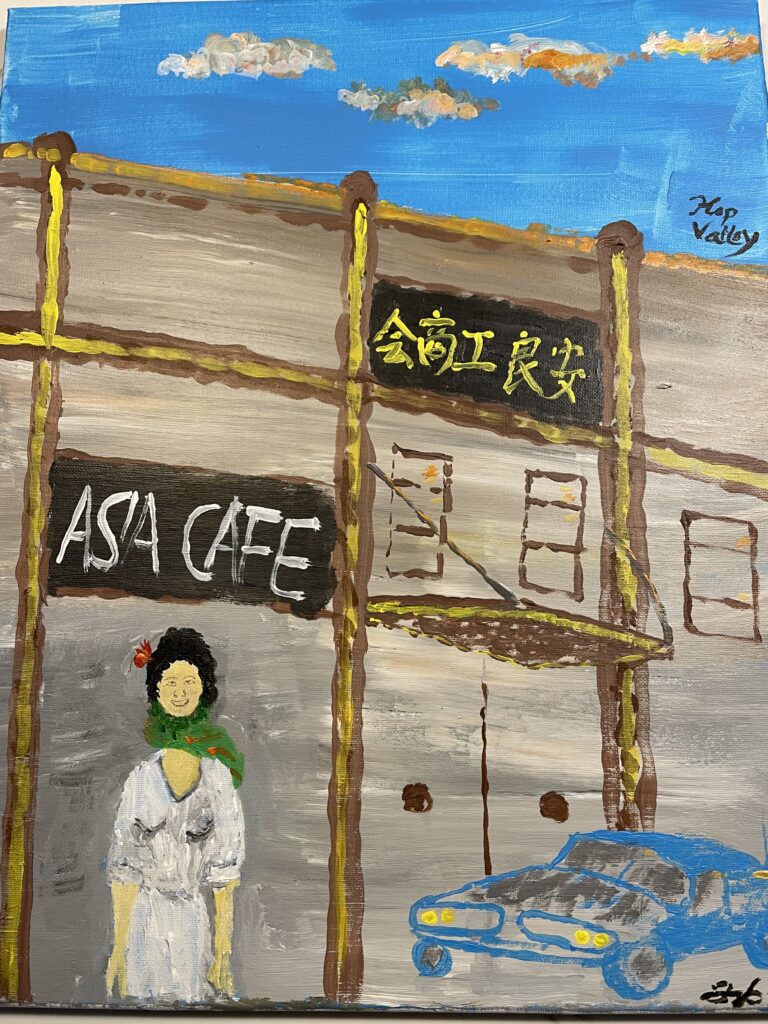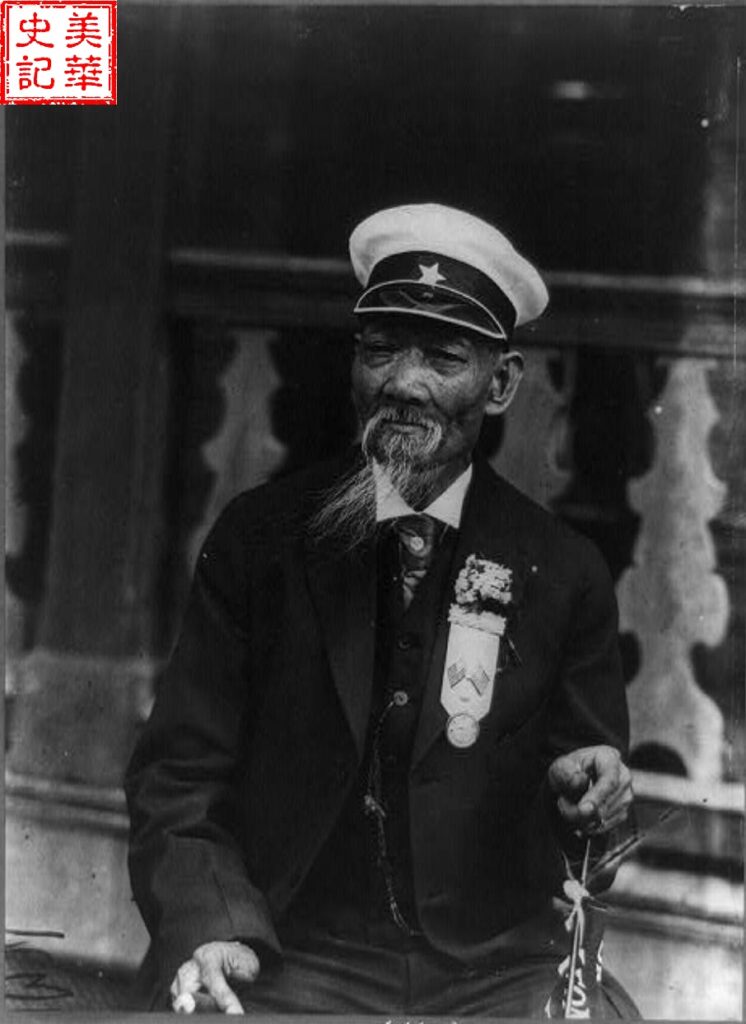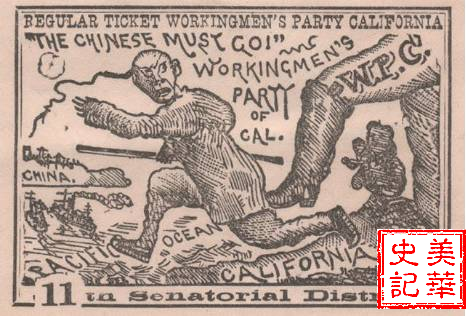History Records of Chinese Americans | Janet Yang, The Boss of Hollywood
In less than a month, the 95th Academy Awards in 2023 will be held at the Dolby Theater in Hollywood on March 12. There are many well-known actors including Chinese actors and films that are nominated for the ceremony, but the most eye-catching thing is that in the 116-year history of Hollywood in the United States, the first Chinese Hollywood boss will host this grand event.
History Records of Chinese Americans | Janet Yang, The Boss of Hollywood Read More »

